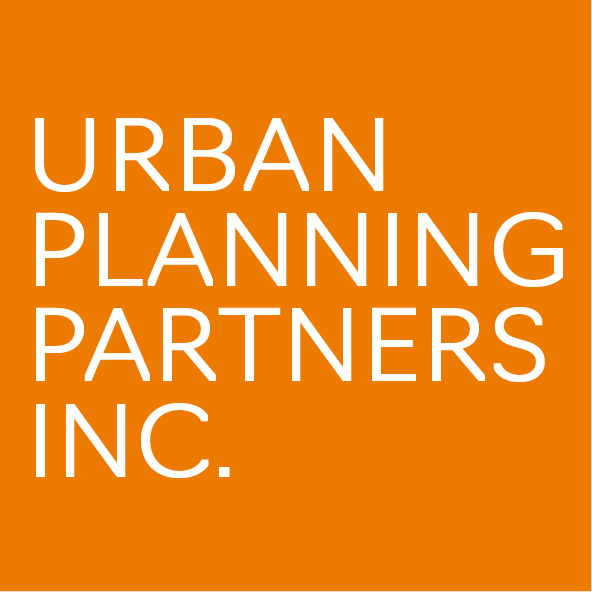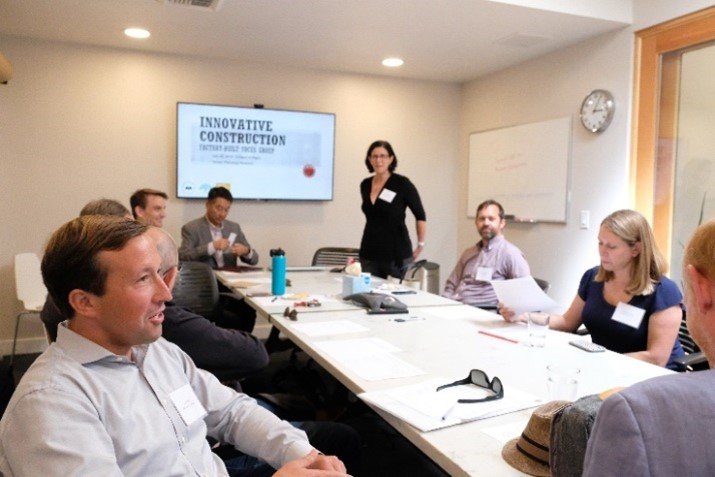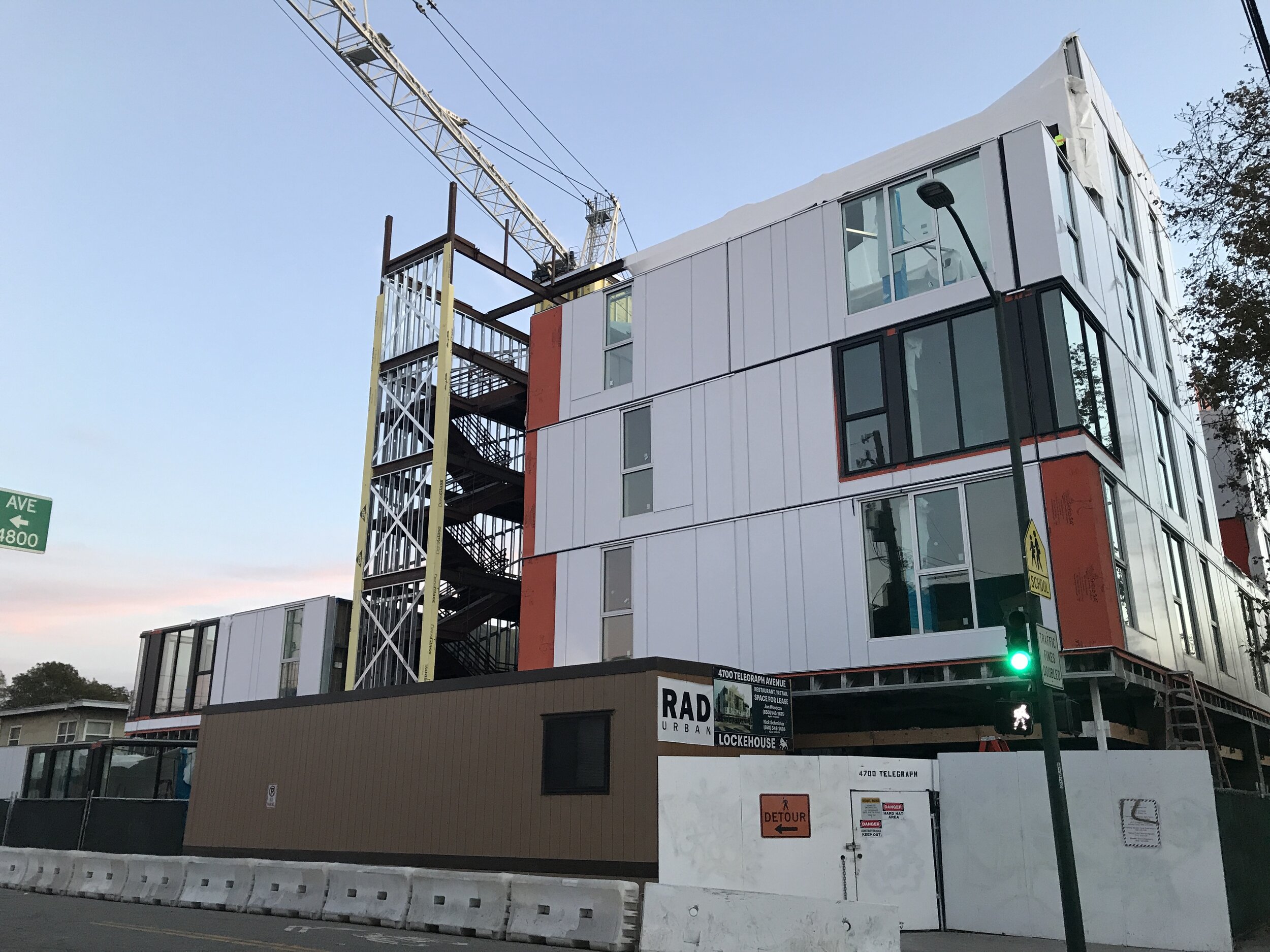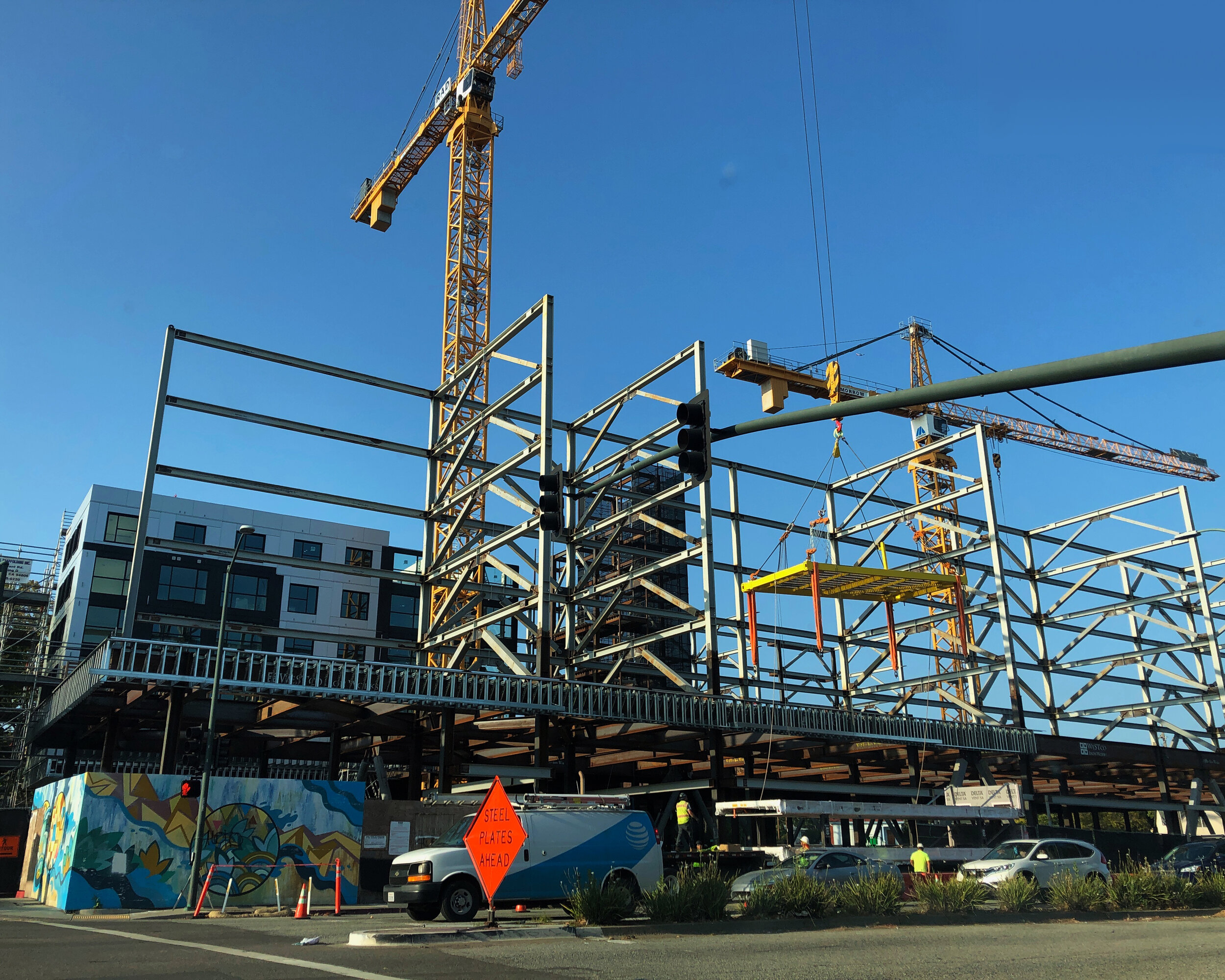Innovation in Oakland: New Approaches to Building Housing
Urban Planning Partners led research and policy reform related to innovative construction methods for the City of Oakland. Our team recommended meaningful, feasible policies and process improvements that the City can implement to fully realize the benefits of innovative construction methods to increase the City’s housing supply efficiently and cost-effectively. The project worked to ensure that the City is innovation-ready for future construction techniques that have not been developed yet.
We are currently finishing up the data collection stage. We reviewed existing literature, administered an online survey for Bay Area development and construction professionals, analyzed demographic trends in the construction industry, collected characteristics of existing innovative projects, and facilitated stakeholder focus groups. Our research uncovered the following barriers to more widespread use of innovative construction methods: inconsistent Planning and Building Code interpretations, restrictive regulations, City processes that lag behind innovation, unequal access to resources for small and minority-owned businesses, and insufficient workforce numbers.
The research stage of the project revealed that inconsistent code interpretation, labor supply, City and State policies, and unequal access to resources are some of the barriers to innovative construction methods. After identifying a menu of solutions, we met with City staff to refine and prioritize these solutions. We then worked to implement “innovation-friendly” regulatory changes, including the legalization on moveable tiny homes and other residential facilities on wheels. Bringing workforce development into the discussion of who has access to innovative construction methods was an important part of the project and based on our research, the City has decided to design a workforce development program related to innovative construction in addition to the solutions Urban Planning Partners is implementing.
Project Stats:
22 innovative projects identified in Oakland, ranging from 3 to 357 units
62% percent of survey respondents reported that their innovative projects cost less than traditional projects
Most commonly reported cost savings for innovative construction were 10% less than traditional projects
Why We Liked This Project: This top-ranked MTC/ABAG technical assistance grant looks at the housing affordability crisis from a unique angle and allowed us to blaze a trail on a topic that does not have much existing research. This project also gives Oakland the opportunity to serve as a model city for other jurisdictions. We’ve gotten great feedback from the development and construction community who have creative ideas on what works and what doesn’t, and we’re looking forward to trying out some new processes in our home city to encourage more innovation in Oakland.



